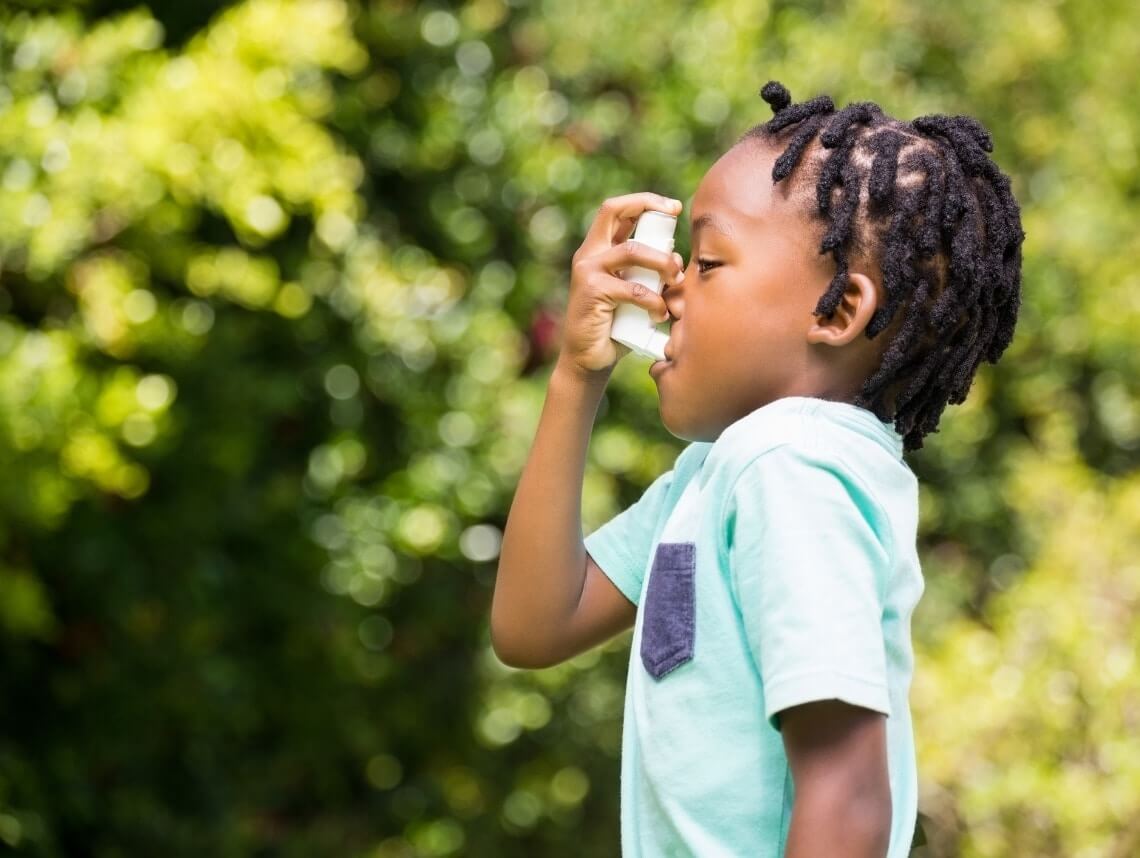Have you ever seen a child run so fast that they seem out of breath? Maybe they’re chasing you in the front yard, or they’re running from their sibling in an intense game of tag. When they finally come to a stop, you can hear them gasping for breath between giggles. This is a common occurrence, especially for children or people who are suddenly active without building up endurance.
But, in some cases, it can be more difficult to catch your breath even while doing normal activities like walking or working. The cause could be hypoxia. But, what is it, and how does it impact your breathing?
What is Hypoxia?
Hypoxia is the condition that occurs when certain cells and tissues do not receive enough oxygen. When this occurs, your body can experience dangerous results — including brain, liver, or other organ damage. Some deterioration to vital organs begins in as little as a few minutes from when symptoms start.
Causes of Hypoxia
Hypoxia is typically caused by hypoxemia, which is when your blood contains low levels of oxygen. Your blood typically carries oxygen to your tissues, but when your blood doesn’t contain enough oxygen, your tissues suffer, and your body begins to shut down. Sometimes, the word hypoxia is used to describe both of these conditions — lack of oxygen in the blood and tissues.
Hypoxia can also be caused by a severe asthma attack and other conditions that make it difficult to get oxygen to the lungs. This may include:
- Lung disease — such as COPD, emphysema, pneumonia, and more
- Heart problems
- Anemia
- Cyanide poisoning
- Strong pain medicine and other drugs that impact breathing
Hypoxia Symptoms
It can be difficult to pinpoint symptoms of hypoxia because signs can vary from person to person, but if you suspect your loved one is experiencing hypoxia, you should call 911 immediately. The most common symptoms of hypoxia include:
- Changes in the color of the skin — ranging from blue to cherry red
- Confusion
- Coughing
- Fast heart rates
- Rapid breathing
- Shortness of breath
- Slower heart rates
- Sweating
- Wheezing
Diagnosing & Treating Hypoxia
Once at a hospital, the first goal will be to get oxygen back into the body. Your child will receive a small plug for their nose and a mask that covers the nose and mouth. This is typically enough to bring oxygen levels back to normal, but not in all cases.
If the mask doesn’t work, an inhaler or asthma medication can make breathing easier. If medicine can’t be administered by mouth or if time is of the essence, your doctor may suggest IV treatment to fast track the medication to the bloodstream. Other medications may include steroids to shrink inflammation or antibiotics to treat underlying infections.
In rare cases, a machine may be needed to help assist breathing. This type of treatment is only used when your child’s life is in danger, and other treatments are not working. Once your child is stable, the doctor can identify if the cause is hypoxia or other underlying health conditions.
Caring for a Child With Hypoxia
If your child’s oxygen issues are caused by asthma, the first step to preventing hypoxia and caring for your child is to keep their asthma under control. Make sure your child is following their treatment plan, including:
- Taking their medicine to prevent flareups
- Eating well and staying active
- Knowing their asthma triggers and avoiding them
If your child requires a machine to help them breathe, it’s important that you monitor oxygen levels and talk to your child about keeping their mask on. You should also know who to alert if they suddenly have trouble breathing — whether they are in the home or at school.
Contact Care Options for Kids for Home Health Care
It can be hard to balance your time between work, home, and caring for a child. That’s why our team of skilled professionals at Care Options for Kids are here to help.
Our home care services offer support in the comfort of your home. We refer loving and competent nurses to provide customized care for families — from a few hours a day to around-the-clock supervision. Contact us directly to speak with a home health care professional or request a free in-home assessment. Together we can determine the best plan of action to keep your loved ones happy and healthy.
If you or a loved one are considering Pediatric Home Health Care Services, contact the caring staff at Care Options for Kids. Call today at (888) 592-5855.






